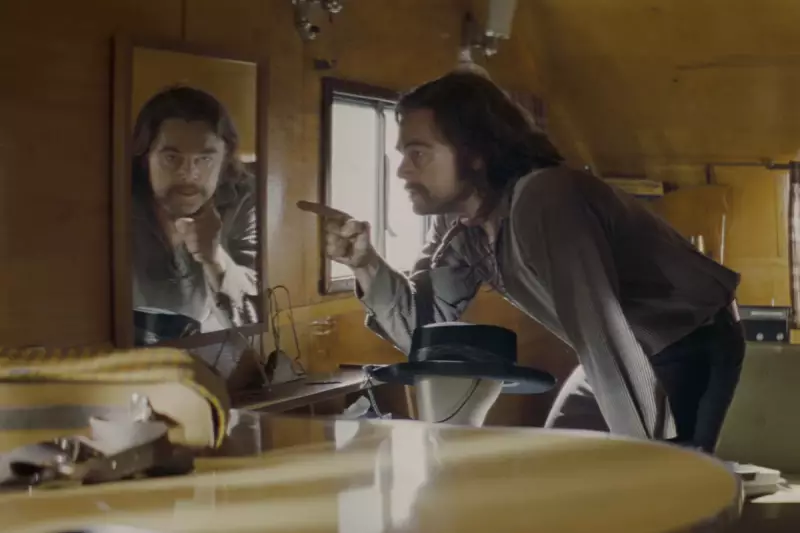
In a stunning revelation that's sending shockwaves through the film industry, Leonardo DiCaprio has disclosed that Quentin Tarantino's acclaimed masterpiece 'Once Upon a Time in Hollywood' nearly concluded with a dramatically different, far more violent finale.
The Dark Alternate Reality That Almost Was
During a recent interview, DiCaprio shared intimate details about Tarantino's original vision for the film's climax. Rather than the cathartic, historically-revised ending audiences worldwide celebrated, the director initially envisioned a brutal, realistic portrayal of the horrific Manson Family murders.
The Oscar-winning actor revealed: "The initial script depicted the gruesome reality of what happened to Sharon Tate and her friends. It was harrowing, visceral, and emotionally devastating in ways that would have left audiences completely shattered."
Tarantino's Change of Heart
According to DiCaprio, the pivotal shift in creative direction occurred after extensive discussions between the director and cast about the emotional impact such graphic violence would have on viewers, particularly given the real-life tragedy's enduring pain for surviving family members.
The transformation in storytelling approach marked one of Tarantino's most significant creative decisions, moving from historical accuracy towards what DiCaprio describes as "a fairy tale version of events that gives the audience, and in some ways Hollywood itself, the ending we wished had happened."
A Cinematic What-If That Resonated Globally
The revised ending, which sees DiCaprio's Rick Dalton and Brad Pitt's Cliff Booth triumphantly defending Tate's home, became one of 2019's most talked-about cinematic moments. The actor reflected on how this alternative narrative created a profound sense of collective relief and wish fulfillment.
"We were giving people this cathartic experience where they could walk out of the theatre feeling like justice had been served in a way it never was in real life," DiCaprio explained, highlighting the emotional power of rewriting history for therapeutic purposes.
Hollywood's Collective Sigh of Relief
The film's eventual conclusion stands as a testament to Tarantino's growth as a filmmaker, demonstrating a nuanced understanding of when to deploy his signature violence and when to let humanity triumph. DiCaprio's revelations provide fascinating insight into the creative process behind one of this century's most significant films.
This behind-the-scenes glimpse reinforces why 'Once Upon a Time in Hollywood' remains a cultural touchstone, offering both a love letter to classic Hollywood and an alternative history that allowed audiences to heal old wounds through cinematic magic.





